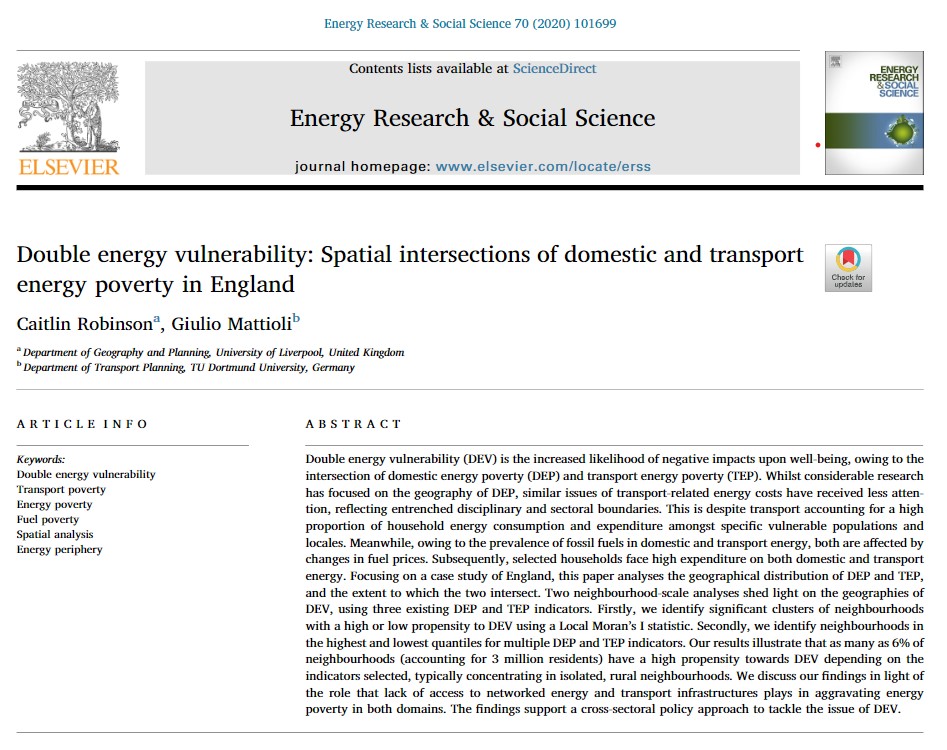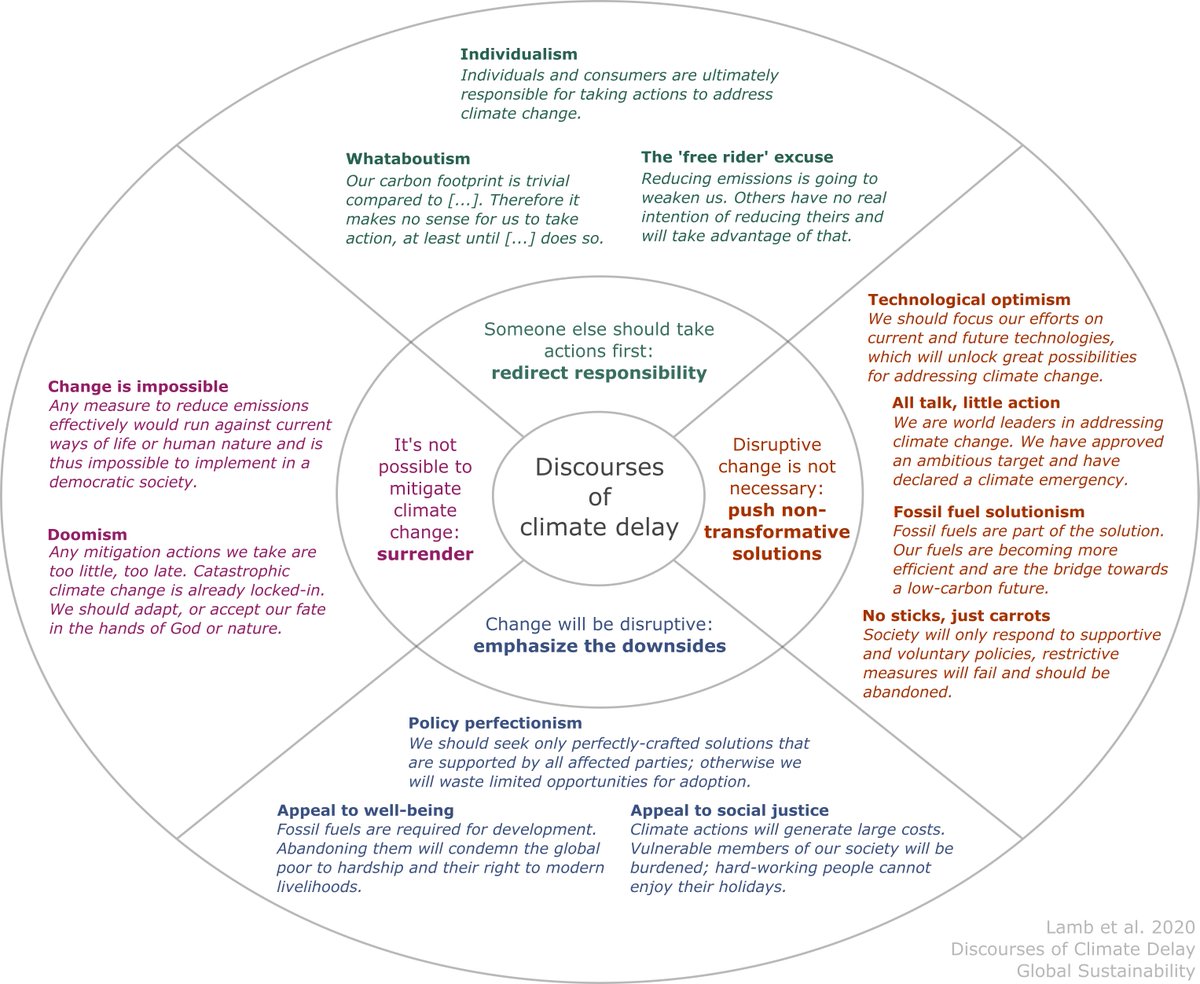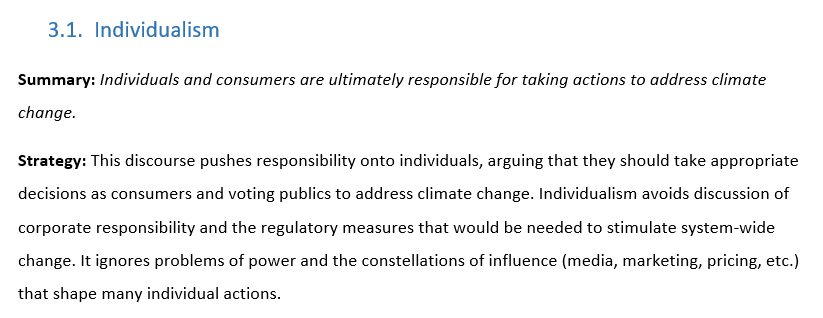
You want to get a sense of how difficult transport is for climate mitigation? Go no further than this report.
A THREAD with lots of graphs
A THREAD with lots of graphs
https://twitter.com/giulio_mattioli/status/1327172802043125760
Transport is by far the largest sector of final energy consumption in the EU.
20 years ago, industry & residential were close, but both have declined, while transport has increased.
20 years ago, industry & residential were close, but both have declined, while transport has increased.

While final energy consumption increased, energy *efficiency* decreased steadily.
So what happened there? Well, travel *activity* increased (with ups & downs due to the economic crisis)

So what happened there? Well, travel *activity* increased (with ups & downs due to the economic crisis)


In *relative* terms the largest increases in transport energy consumption are in the new member states.
Look at Poland, where it increased by *130%* in 20 years!
And look at Italy, where it decreased.
Look at Poland, where it increased by *130%* in 20 years!
And look at Italy, where it decreased.

In absolute terms, the increase in transport energy consumption in Eastern Europe is not that large, because of small population numbers & still relatively low motorisation (but again, look at Poland!) 

[As an aside: my sense from the figures I see is that Poland is a hugely interesting case studies for how a country can rush into car dependence. I haven't seen much research on that though]
"BUT - I hear you saying - this is *energy*, not carbon emissions. And ofc the transport sector is being rapidly electrified".
Well, hold your horses & look at the graph. Can you see the increase in electricity use? Me neither.
I can see a huge increase in Diesel though...
Well, hold your horses & look at the graph. Can you see the increase in electricity use? Me neither.
I can see a huge increase in Diesel though...

Of course, when we're talking about transport energy consumption, we're mostly talking about road transport and (to much smaller extent) aviation.
Energy consumption has increased in both sectors over the last 20 years.
Energy consumption has increased in both sectors over the last 20 years.

One of the things that's happened in the EU over the last 20 years is that the *number of vehicles* (both cars & trucks) has increased a lot.
Ironically, in the transport research community we spent much of this period debating about 'peak car'...
Ironically, in the transport research community we spent much of this period debating about 'peak car'...

The carbon efficiency of passenger cars got better over time but:
- that has stopped/reversed since the SUV boom
- more cars & increasing travel activity have more than offset that
- that has stopped/reversed since the SUV boom
- more cars & increasing travel activity have more than offset that

So what we have in the transport sector in the EU is an old story: increasing car ownership & use negating improvements in energy / carbon efficiency.
This is the big picture. All those things we spend much time talking about (peak car, EVs, etc.) exist...*at the margins* (END)
This is the big picture. All those things we spend much time talking about (peak car, EVs, etc.) exist...*at the margins* (END)
NB: this is not a criticism of those doing research on e.g. peak car & EVs (of which I'm an avid consumer).
I'm just arguing for more 'balance in the force', and more attention to negative trends - such as the car-dependent evolution of countries like Poland.
I'm just arguing for more 'balance in the force', and more attention to negative trends - such as the car-dependent evolution of countries like Poland.
So what we have in the transport sector in the EU is an old story: increasing car ownership & use negating improvements in energy / carbon efficiency.
This is the big picture. All those things we spend much time talking about (peak car, EVs, etc.) exist...*at the margins* (END)
This is the big picture. All those things we spend much time talking about (peak car, EVs, etc.) exist...*at the margins* (END)
NB: this is not a criticism of those doing research on e.g. peak car & EVs (of which I'm an avid consumer).
I'm just arguing for more 'balance in the force', and more attention to negative trends - such as the car-dependent evolution of countries like Poland.
I'm just arguing for more 'balance in the force', and more attention to negative trends - such as the car-dependent evolution of countries like Poland.
• • •
Missing some Tweet in this thread? You can try to
force a refresh













